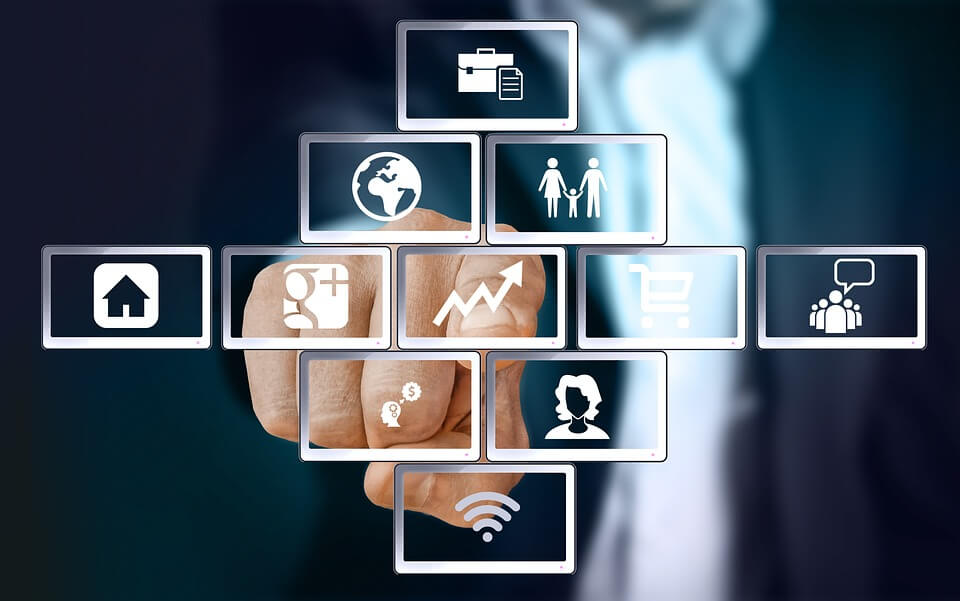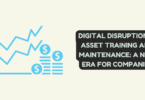
The most appealing aspect of innovation is the thrilling possibilities that it brings. For many years, ERP software appeared to be stable, but cloud, mobile, and Big Data have upended the business. ERP’s rebirth has been a decade-long process that has resulted in a more versatile and multifaceted instrument that has assisted businesses of different sizes in re-inventing their company strategy.
ERP is more pervasive, responsive, and adaptable than ever before. It can also operate in brand new ways, with collaboration increasing across mobile, social, and traditional channels. Now let’s take a look at the hottest innovations that are having an impact on ERP systems.
Cloud-based Solutions
One guaranteed method to ensure your firm is prospective in a hyper-connected world is to leverage the increased system performance, scalability, and digitalization possibilities of cloud computing.
The use of cloud-based ERP is not the most recent development, but it is the most game-changing one. Previously, ERP platforms were only available as on-premise solutions with start-up fees, hardware expenditures, and pricey system maintenance and updates, or were developed directly for certain businesses by a custom ERP software development company. Both options were too expensive for small firms.
Currently, everything ERP has to offer may be run on the cloud or on-premise, but this may change in the coming years. The development of Industry 4.0 necessitates more intuitive business software and rapid access to data on the go, which the cloud platform is better suited to.
IoT
IoT has changed throughout time and will continue to evolve as technology advances. Real-time analytics, extremely advanced sensors, machine learning, and embedded systems have enabled IoT to accomplish astounding outcomes.
Without a doubt, the Internet of Things has enormous potential to improve the corporate sector. The business world decided not to fall behind and has already begun to fully utilise this technology. IoT has enabled commercial organisations to follow and study the flow of information as well as computing processes in real time. The analytics enabled by IoT have provided immediate access to specialised company knowledge, allowing management to make well-informed, timely judgements and choices.
Wearable Technology
Wearable technology at work can be quite beneficial to your company. The integration of ERP software development and wearable technology has numerous advantages. To start with, this integration allows the transmission of real-time data. And when employed in the manufacturing business, the integration can help to reduce errors and losses by tracking shipments.
Data reduplication can be greatly reduced with real-time data access. Wearable technology and ERP software will also allow for faster decision-making, allowing top authorities to purchase critical goods quickly by utilising portable devices.
Various industries are strongly interested in implementing wearable technology to develop a symbiotic CRM relationship between the corporation and the worker.
Big Data
Analysis and data management are crucial tools these days. Before making a business decision, practically every organisation runs through millions of data rows to adjust their processes based on consumer input. Taking this into account, Big Data and ERP software can be very effective if used concurrently.
The age-old concern of demand and supply will be under control thanks to the efficient use of Big Data. For example, it can help assess the current pattern of customer behaviour by examining data that is already available as well as data gathered by automated devices.
AI
AI is a focus point for day-to-day operations in ERP networks. Customer service is the primary area in which AI and ERP software can be combined to create a more successful and helpful software product. AI-enabled ERP technology can be beneficial to the HR department, for example: it can assist HR in identifying the vulnerabilities of inefficient employees who are unable to complete tasks on time.
CRM, SCM, BI, and ERP as One Solution
When all four technologies are used together, an organisation can produce enormous revenues by enhancing its work efficiency. Almost all large-scale industries now use ERP-based solutions. Many firms now provide supply chain management software that includes ERP-based functions designed to execute specific tasks. And not only SCM, but also the majority of CRM and BI solutions are deployed using ERP software.
RFID
RFID (Radio Frequency Identification) is one of the most commonly used terms in the market for automatic identification and data collecting. This technology allows users to identify, monitor, and detect practically any object. It is most commonly used in inventory and warehousing, distribution, access control, and asset tracking.
An ERP and RFID system has three primary advantages: tracking of goods and materials in real time, dynamic updates of information on a box or label, and hands-free and quick product information scanning with no human interaction required.
Mobile ERP
Industries have recognised the value of allowing their managers and staff to access data in real time on a mobile device or tablet and collaborate from any location.
Now, employees can use mobile ERP to:
- Manage orders, quotes, and prepositions while working on the pitch from any device;
- Improve customer service with full access to client history, contracts, and product-specific information;
- Have access to all corporate information while working away from the office;
- Enter all important information as it is collected in the field, avoiding the need to retype it into the back-end system.
Social ERP
Social ERP is an excellent step towards consumer collaboration and engagement. It is unnecessary to integrate your ERP systems with external social networking platforms. Instead, you can use social ERP to imitate the functionality of, say, Facebook. The only difference is that it will be safer and more secure within your ERP system.
Some evident advantages of Social ERP include:
- Establishment of enterprise collaboration and communication;
- Easy tracking of conversations, projects, and procedures;
- Enhancement of business processes;
- Customer satisfaction improvement;
- Ability to create and maintain your knowledge base;
- Boosting your company’s agility, as well as its bottom-line results and competitive edge.
Conclusion
ERP used to be more about analysing the data of prior years to prepare for the coming year. However, innovation has radically changed the business environment, causing a huge shift in how firms employ ERP systems.
ERP is now completely real-time. Yesterday’s plans differ from today’s and will most likely change for tomorrow. Everything is flexible, dependent on how customers react to your services here and now. ERP innovation will allow you to make more effective decisions both in the short and the long term. .






